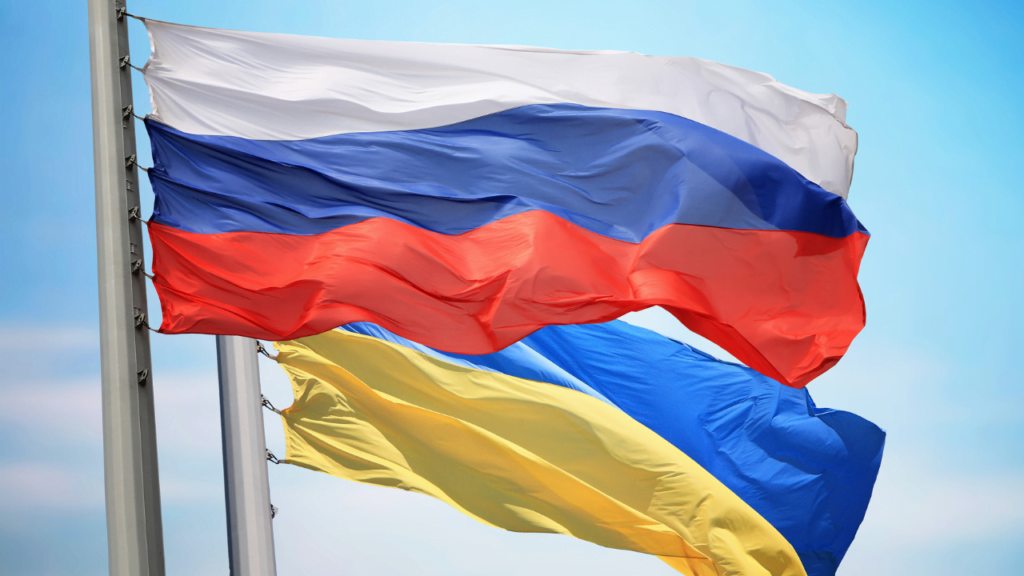In response to Moscow’s military invasion of Ukraine, the European Council, which is made up of EU leaders of state and government, said on February 24 that further sanctions targeting Russia’s energy, transportation, and other sectors had been agreed upon.
In a statement following a meeting in Brussels of EU leaders, the European Council said it had reacted “swiftly and decisively” to Russia’s actions.
“The European Council today agrees on further restrictive measures that will impose massive and severe consequences on Russia for its action, in close coordination with our partners and allies,” the council said. “These sanctions cover the financial sector, the energy and transport sectors, dual-use goods as well as export control and export financing, visa policy, additional listings of Russian individuals and new listing criteria.”
While the specifics of these measures have yet to be revealed, many people are questioning what the best route to go down is when deciding energy sanctions for Russia, due to the EU’s dependability on Russia for Gas.
We have already seen the announcement made last week that the controversial Nord Stream 2 gas pipeline would no longer be granted Certification.
Chancellor of Germany said “This sounds technical, but it is the necessary administrative step so that no certification of the pipeline can now take place,” Scholz added. “And without this certification, Nord Stream 2 cannot go into operation.”
President Biden also weighed in, after re-assuring Scholz that if Russia further invaded Ukraine he would make an effort to stop this from going ahead, which ultimately happened.
He stated: “Today, I have directed my administration to impose sanctions on Nord Stream 2 AG and its corporate officers. These steps are another piece of our initial tranche of sanctions in response to Russia’s actions in Ukraine. As I have made clear, we will not hesitate to take further steps if Russia continues to escalate.”
Alternatives for Gas have been suggested, with one being the introduction of LNG, and the head of NATO has called on Europe to begin diversifying its Energy Supply.
According to EnergyLiveNews, A majority (79%) of Germans want to gradually ensure their country is independent of energy imports from Russia. Germany currently imports more than half of its natural gas from Russia – the government seeks to reduce this and make greater use of other import options in the future.
This all comes as wholesale gas prices spiked a whopping 28% following reports that Russian soldiers had invaded Ukraine, posing the question, with the world already facing enormously high gas prices, what would the impact be on the rest of the world if harsher Energy sanctions were to be announced?
It is likely that wholesale prices could increase even further, pushing households into more discomfort. In the UK, households are already facing a huge rise in bills as the Energy Regulator Ofgem announced a rise in price cap.
We could also see further Energy Suppliers going bust. A number of energy providers have already gone out of business as a result of pre-existing pricing difficulties, with customers expecting annual increases of up to £700 beginning in April.
